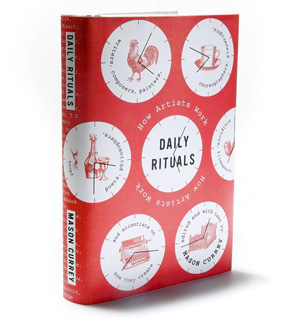Each
month, I set goals with a writing partner who lives in another state;
we used to be in the same writing group until I moved, and I value her
feedback so we set up a monthly exchange by email or phone. We look at
what we've accomplished or learned in the previous month and think about
what's next.
We also like to do this each December or January, reviewing our goals for the past year and thinking about how it went. And what we want to bring into manifestation next.
Accountability is hard to come by. It's easy to let writing slide to a back burner, rather than generating creative heat in your life. These regular check-ins help me stay accountable.
But they also show me--much to my own surprise--how much I actually grow as a writer!
We also like to do this each December or January, reviewing our goals for the past year and thinking about how it went. And what we want to bring into manifestation next.
Accountability is hard to come by. It's easy to let writing slide to a back burner, rather than generating creative heat in your life. These regular check-ins help me stay accountable.
But they also show me--much to my own surprise--how much I actually grow as a writer!































